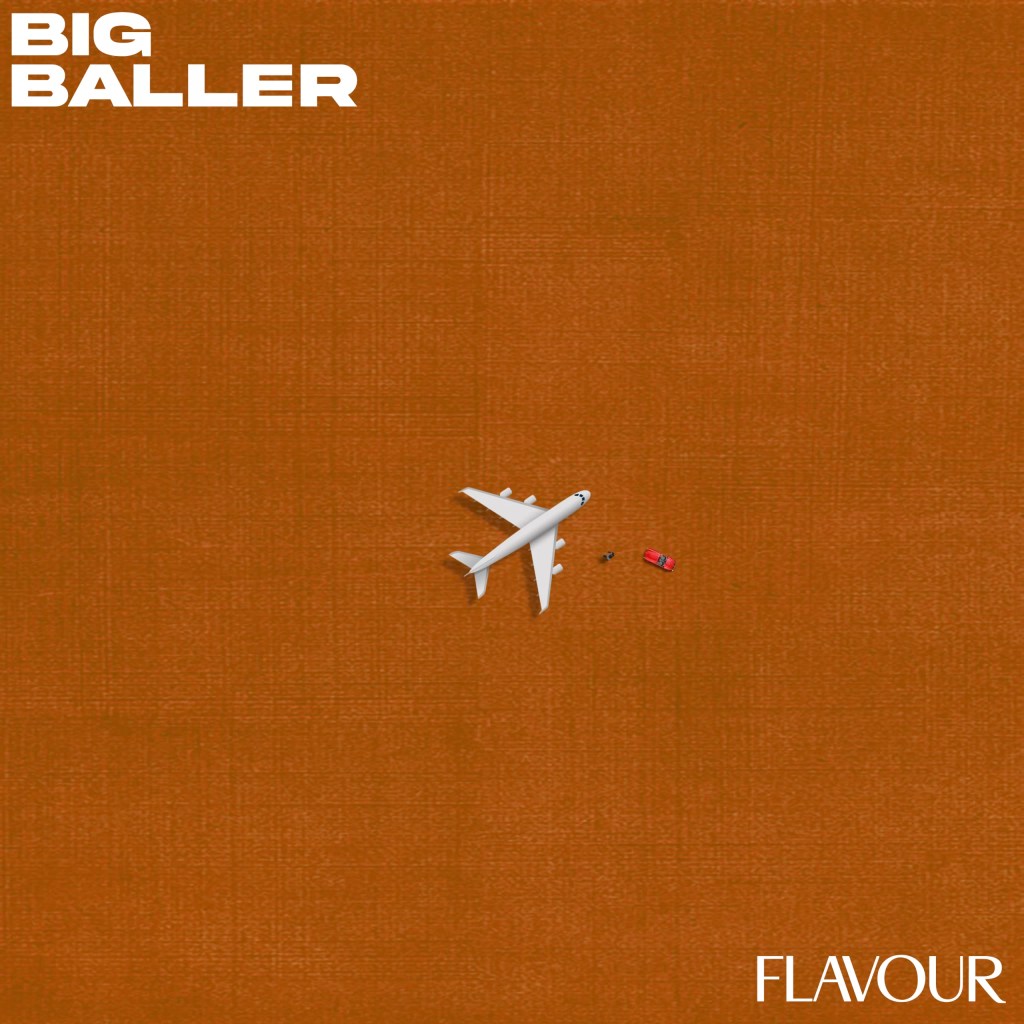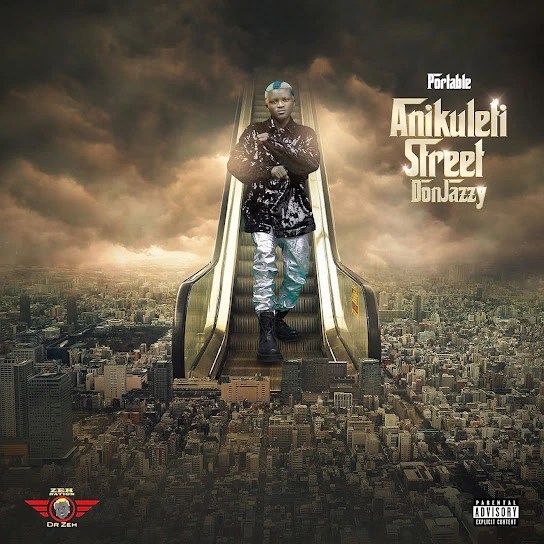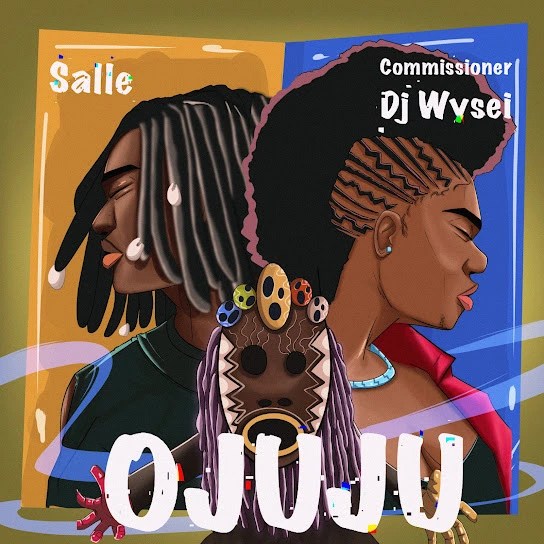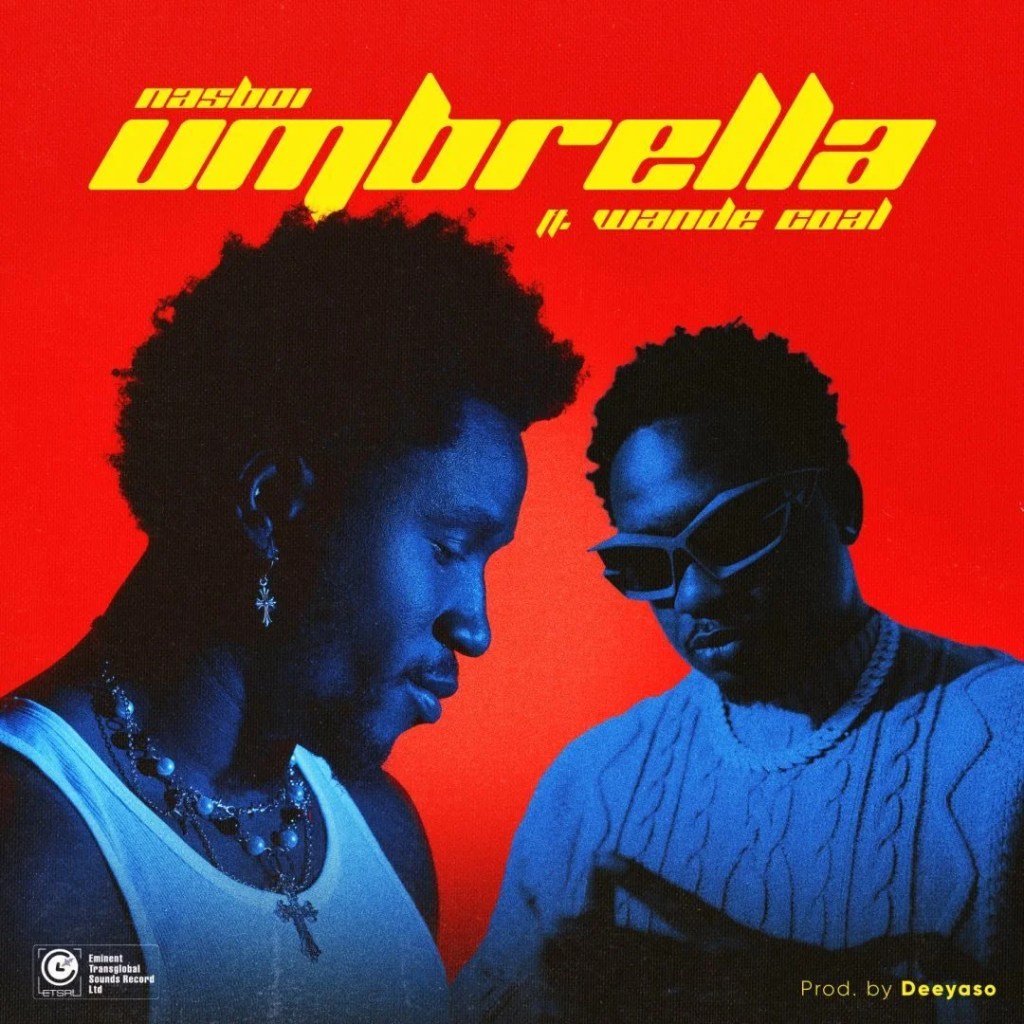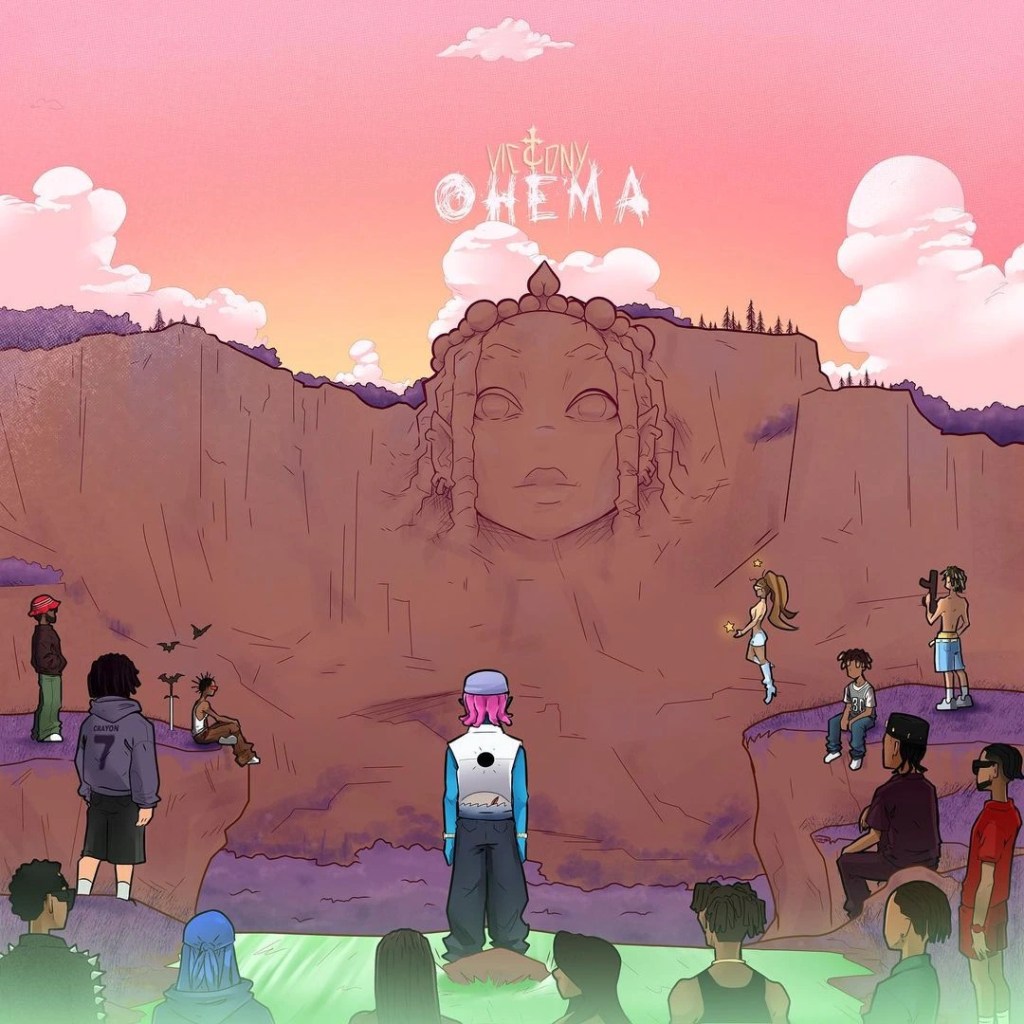It’s Rihanna’s World
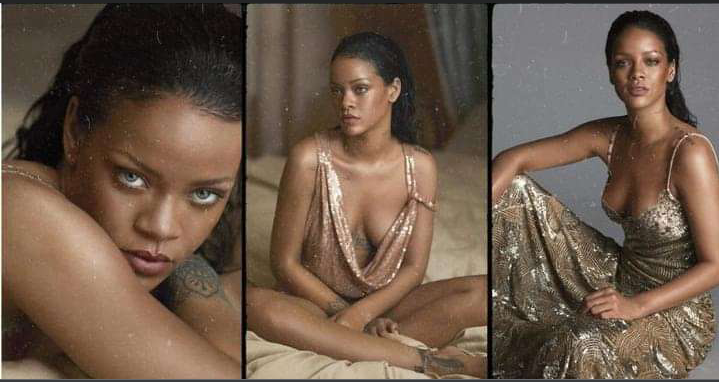
IT’S SUPER BOWL SUNDAY, and I am in the large gothic home of Real Housewife Carlton Gebbia in Beverly Hills, the setting for Rihanna’s Vogue shoot. The 28-year-old singer appears in the doorway, fresh off a plane from Toronto, where the night before she and Drake wrapped the video for their hit single “Work.” She is wearing a vintage Guess leather biker jacket, a gray Star Wars T-shirt, and green Vetements sweatpants, her sleek black hair chopped into a blunt nineties bob. Even such a Netflix-and-chill look cannot conceal the singular proportions of her body. She hugs me hello and then floats upstairs, where hair and makeup stylists await.
I settle into a chair outside and pᴀss the time by—what else?—checking my phone. Thanks to the demands of the 24-hour news cycle, every Instagram post by a pop star has become a source of intrigue, every teased video clip fodder for frenzied speculation. On this particular afternoon, the RiRi chatter, robust on any day, is reaching peak hysteria.
Ten days earlier, Rihanna dropped Anti, her first album since 2012. For seven years, she had released a new pop confection every year, like clockwork. Then, suddenly, nothing. It wasn’t just the timing. Anti immediately announced itself as something different. A defiant, idiosyncratic mix of dance hall, doo-wop, and soul, it did not deliver her usual instantly gratifying, reliable pop formula. Stoking the fire were rumors that Anti was leaked through Tidal, the streaming service run by Jay Z and co-owned by Rihanna. Next were the reports of impossibly low sales figures. Then, the day before, out of nowhere, came the surprise release of Beyoncé’s pointedly political video for “Formation.” The Internet is ablaze: Did Bey just try to steal RiRi’s thunder? And, most breathlessly: Is Rihanna going to make a surprise appearance at the Super Bowl?!

Rihanna, meanwhile, is reclining on a chaise on a veranda in the sun, taking pulls from a joint and sending wisps of smoke into the cloudless California sky. She’s listening to a remix of Sia’s “Chandelier,” occasionally belting out a lyric in that inimitable Bajan tone: “I’m gonna live like tomorrow doesn’t exist! Like it doesn’t exist!”
WE ARE LIVING in a golden age of pop divas. Beyoncé, Taylor Swift, Adele: Rarely have the top ranks been so ruled by women. We feel vulnerable with Adele, empowered by Taylor. We want to watch Beyoncé. Watch her dance, watch her dominate the marketplace, watch her slay. In this gloriously crowded arena, Rihanna transmits something unique. Not afraid to show us her flaws, Rihanna inspires us to, as her friend Cara Delevingne puts it, “go with your instinct and go with your gut, and if people don’t like you, ҒUCҜ ’em.”
This take-it-or-leave-it realness is what draws young women into the ranks of Rihanna’s fiercely loyal fan base, known as her Navy, after a lyric from her song “G4L.” And in 2016, the Navy is going to get a lot of Rihanna.
Over the next few weeks alone, her plan is to fly to New York to debut a collection she designed for Puma at New York Fashion Week; return to L.A. for the Grammys; then head to London to perform at the Brit Awards (she will grind with Drake in white-H๏τ fringed pants); and, two days after that, go back to California to begin a 63-city world tour. Her looks on tour are “inspired by neutral earth tones,” she says, “and evolve from one extreme to the other as the show progresses.” Joining her will be Big Sean and the Weeknd in Europe, as well as Travis Scott, whom she’s been seen out with in the last few months. “I like to bring people who can get the crowd excited,” she says.
“I probably am going to have like four days of tour rehearsal in total, which is Freaking. Me. Out,” Rihanna says. It’s after 9:00 p.m., the shoot is over, and we’re sitting cross-legged in red leather recliners in the home theater of the Beverly Hills house, sipping Pinot Grigio from Dixie cups. “My schedule is so crazy right now.” It’s why, she says, she’s single: “It’s definitely going to be a challenge when I do decide to pursue a relationship . . . but I have hope!” Exercise is also hard to find time for. “I don’t work out as much as I’d like to,” she says, “but my trainer Jamie is a beast and she makes me pay for it.”
After her last tour, in 2013, for Unapologetic, Rihanna vowed to take a break from recording. “I wanted to have a year to just do whatever I want artistically, creatively,” she says. “I lasted a week.” The paparazzi got a picture of her going into the studio, “and my fans were like, ‘Oh, yes! We’s droppin’ a single.’ ” From that moment, she says, the Navy was expecting an album. It would be another two years.
Turns out it takes a while to reinvent your sound. As Delevingne says, “Anti’s got its own genre, and that genre is her.” Had Rihanna gotten bored with the pop formula? “Very much,” the singer says. “I just gravitated toward the songs that were honest to where I’m at right now.” From the first song, “Consideration,” a trip-hop collaboration with SZA, the message is clear. The chorus has Rihanna singing, “I got to do things my own way, darling.” It’s “like a PSA,” she tells me. She recognizes the risks: “It might not be some automatic record that will be Top 40. But I felt like I earned the right to do that now.”

Avoiding the bravado and easy hooks of past hits, another song, “Higher,” reveals a woman who’s been burned by love. Rihanna compares it to “a drunk voice mail.” She explains, “You know he’s wrong, and then you get drunk and you’re like, ‘I could forgive him. I could call him. I could make up with him.’ Just, desperate.” The candor is heightened by a husky, soul-inflected warmth. “We just said, ‘You know what? Let’s just drink some whiskey and record this song.’ ”
Then there’s “Work,” on which she repeats the word work until it is no longer recognizable, a flourish one critic called “post-language.” While it evokes a technofuture, it’s actually a nod to her home culture in Barbados. (Though Rihanna now splits her time between New York and L.A., her ties to the island remain strong. She is close with her mother, Monica Braithwaite, who owns a clothing boutique there, and with her maternal grandfather, Lionel Braithwaite, a frequent star of her Instagram feed.) “You get what I’m saying, but it’s not all the way perfect,” she says. “Because that’s how we speak in the Caribbean.” In the accompanying video she made with Drake—“Everything he does is so amazing”—Rihanna grinds and jerks in a knitted Rasta-colored Tommy Hilfiger dress at a raucous dance-hall party, the kind “we would go to in the Caribbean and just dance and drink and smoke and flirt,” with her real-life best friends, Melissa Forde and Jennifer Rosales.
There have been a few singles dropped along the way, including “FourFiveSeconds,” an acoustic collaboration with Kanye West and Paul McCartney. “It’s almost like no one ever told him about his success,” Rihanna says of McCartney, whom she found to be endearingly humble. “It’s like, Aren’t you busy being a Beatle?” Last spring brought “Bitch Better Have My Money,” an over-the-top revenge fantasy whose video walked the line between empowerment and misogyny. “It’s just a way to describe a situation,” she says. “It’s a way to be in charge, to let people know that you’re all about your business.”
Over the past two years, Rihanna has definitely been all about her business. After fulfilling her contract with Def Jam, she created her own imprint, Westbury Road Entertainment, on Universal’s Roc Nation label. In a bold move, she then acquired the masters of all her previous albums and made a reported $25 million promotional deal with Samsung. Robyn Rihanna Fenty, the island girl plucked from obscurity at sixteen by a posse of music moguls, is becoming one herself. It’s because she’s so attuned to the seismic changes in her industry that she also bought a share of Tidal. “Streaming counts now,” she says. Like any savvy businesswoman, Rihanna knows it’s important to diversify. Last fall, she announced a new venture, Fr8me, an agency representing stylists and hair and makeup artists. She has a pᴀssionate interest in beauty and often scouts her own talent on Instagram.
In the midst of all this, she somehow found time to take a role in Valérian and the City of a Thousand Planets, a film based on a French comic series. Directed by Luc Besson, it costars Dane DeHaan and Delevingne and is due out in 2017. Speaking by phone, Besson is reluctant to give too much away about her character, except to say that her personality changes “every fifteen seconds.” “As you can imagine, because she’s number one in her business, she has a protection, like a crocodile,” the director says of Rihanna. “But she really let herself go. I was so touched by her.”
Earlier at the house, two men in suits arrived from the Recording Industry ᴀssociation of America to present Rihanna with two plaques: one certifying Anti’s platinum status, the other commemorating a benchmark she reached last July, when she became the first artist in history to reach 100 million downloads online. (In another sign of the turbulent state of the music industry, reports will later cast doubt on Anti’s platinum status, pointing out that the RIAA took into account one million giveaways that were part of the Samsung deal.) Rihanna seems genuinely surprised by the accolades. “In flats and sweats!” she says, stretching out a leg. “If only I knew they were coming, I would’ve at least put on a cute little thing.”

With the sudden release of “Formation” during Anti’s week of ascendance up the charts, it’s no wonder the Internet is pitting Beyoncé and Rihanna against each other. But that’s not how Rihanna thinks. “Here’s the deal,” she says. “They just get so excited to feast on something that’s negative. Something that’s compeтιтive. Something that’s, you know, a rivalry. And that’s just not what I wake up to. Because I can only do me. And nobody else is going to be able to do that.”
In the midst of all this, she somehow found time to take a role in Valérian and the City of a Thousand Planets, a film based on a French comic series. Directed by Luc Besson, it costars Dane DeHaan and Delevingne and is due out in 2017. Speaking by phone, Besson is reluctant to give too much away about her character, except to say that her personality changes “every fifteen seconds.” “As you can imagine, because she’s number one in her business, she has a protection, like a crocodile,” the director says of Rihanna. “But she really let herself go. I was so touched by her.”
Earlier at the house, two men in suits arrived from the Recording Industry ᴀssociation of America to present Rihanna with two plaques: one certifying Anti’s platinum status, the other commemorating a benchmark she reached last July, when she became the first artist in history to reach 100 million downloads online. (In another sign of the turbulent state of the music industry, reports will later cast doubt on Anti’s platinum status, pointing out that the RIAA took into account one million giveaways that were part of the Samsung deal.) Rihanna seems genuinely surprised by the accolades. “In flats and sweats!” she says, stretching out a leg. “If only I knew they were coming, I would’ve at least put on a cute little thing.”
With the sudden release of “Formation” during Anti’s week of ascendance up the charts, it’s no wonder the Internet is pitting Beyoncé and Rihanna against each other. But that’s not how Rihanna thinks. “Here’s the deal,” she says. “They just get so excited to feast on something that’s negative. Something that’s compeтιтive. Something that’s, you know, a rivalry. And that’s just not what I wake up to. Because I can only do me. And nobody else is going to be able to do that.”
Back on Wall Street, Rihanna’s mom, Monica, told a reporter that her daughter has long been a chameleon. “You never knew what she would want,” said Braithwaite, herself sporting a short platinum chop. “One time she wanted to have pants, another time she wanted to have a lot of frills. Always changing. Always switching it up. She’s always been like that.” Braithwaite is sitting with Rihanna’s younger brothers, Rajad and Rorrey, and her grandfather, who is wearing a Roc Nation hoodie and hat.
The room darkens. Models appear through a haze of smoke and bound down the runway, through an “arctic urban forest,” as hairstylist Yusef Williams describes it, in gothic streetwear with samurai flourishes. Luxe and futuristic, the collection references Hood by Air as well as Rihanna’s own nonchalantly glamorous, globe-trotting lifestyle. “Like if the Addams Family was wearing gymwear,” she’ll tell me later. The final piece, a black oversize faux-fur hoodie, is worn by Gigi Hadid, who closes the show as a gorgeous frostbitten witch, with matte black lips and streaks of white paint in her hair. Not one for understatement, Kanye, whose own new album and fashion show were presented the day before at Madison Square Garden, will review the show on Twitter: “Wow the paradigm has shifted. . . . Lil Sis kiiiiiiiilled this sнιт!!!!!!!”

Backstage, Rihanna and her team—a тιԍнт-knit group with whom she travels everywhere, including Forde, Rosales, and Ciarra Pardo, her creative director of ten years and the head of her production company, also called Fenty—are celebrating. Rihanna leaps from a couch and envelops me in a warm hug. Champagne is flowing. Pardo crosses the room to embrace Rihanna. “You killed it!” she says. “Didn’t they kill it?” Rihanna says, deflecting credit to the models. “How do you feel?” I ask. “I feel like I’m floating right now,” she says. “I feel elated.”
I ask her about her inspirations for the show, which include Japanese street culture (“Every time I go to Japan, it’s like, ‘Wow’ ”) and nineties music and fashion. “All my favorite artists and fashion icons and models are from the nineties,” she says, citing fellow glamazons Naomi Campbell and Cindy Crawford, as well as Mary J. Blige, Lil’ Kim, Gwen Stefani, Jean Paul Gaultier, and John Galliano. “Everybody was just so fearless.” The room grows loud, and Rihanna shushes a group that happens to include Campbell. (Who else can shush Naomi Campbell?)
Puma has already seen its fourth-quarter sales rise from Rihanna’s involvement with the brand, which bodes well for her other collaborations this spring—with Manolo Blahnik on a shoe collection and with Christian Dior on a line of sunglᴀsses. Last year, Rihanna also became the first black face of Dior, a distinction that was initially lost on her, so caught up was she with “the Dior aspect.” “I was already proud to be a Dior woman, but to be a black Dior woman and the first: It did something else for me.”
In her quest for world domination, Rihanna will no doubt keep upending outdated norms. It’s not a coincidence that so many of her Puma designs are uniSєx. “I always wanted to do what my brothers were doing,” she says. “I always wanted to play the games they played and play rough and wear pants and go outside.” She still wants to. “Women feel empowered when they can do the things that are supposed to be only for men, you know?” she says. “It breaks boundaries, it’s liberating, and it’s empowering when you feel like, Well, I can do that, too.”
Do you find Music-wap useful? Click here to give us five stars rating!

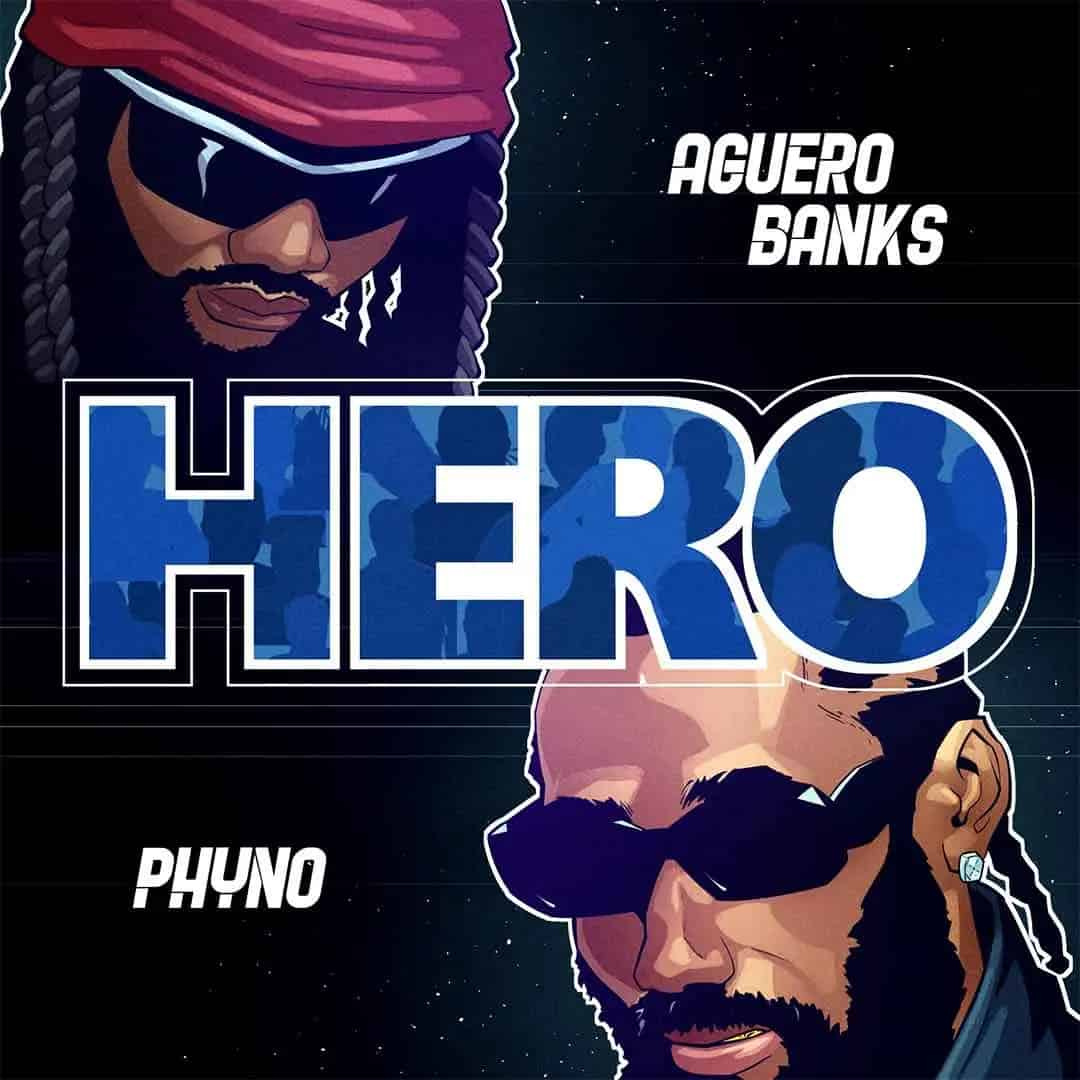
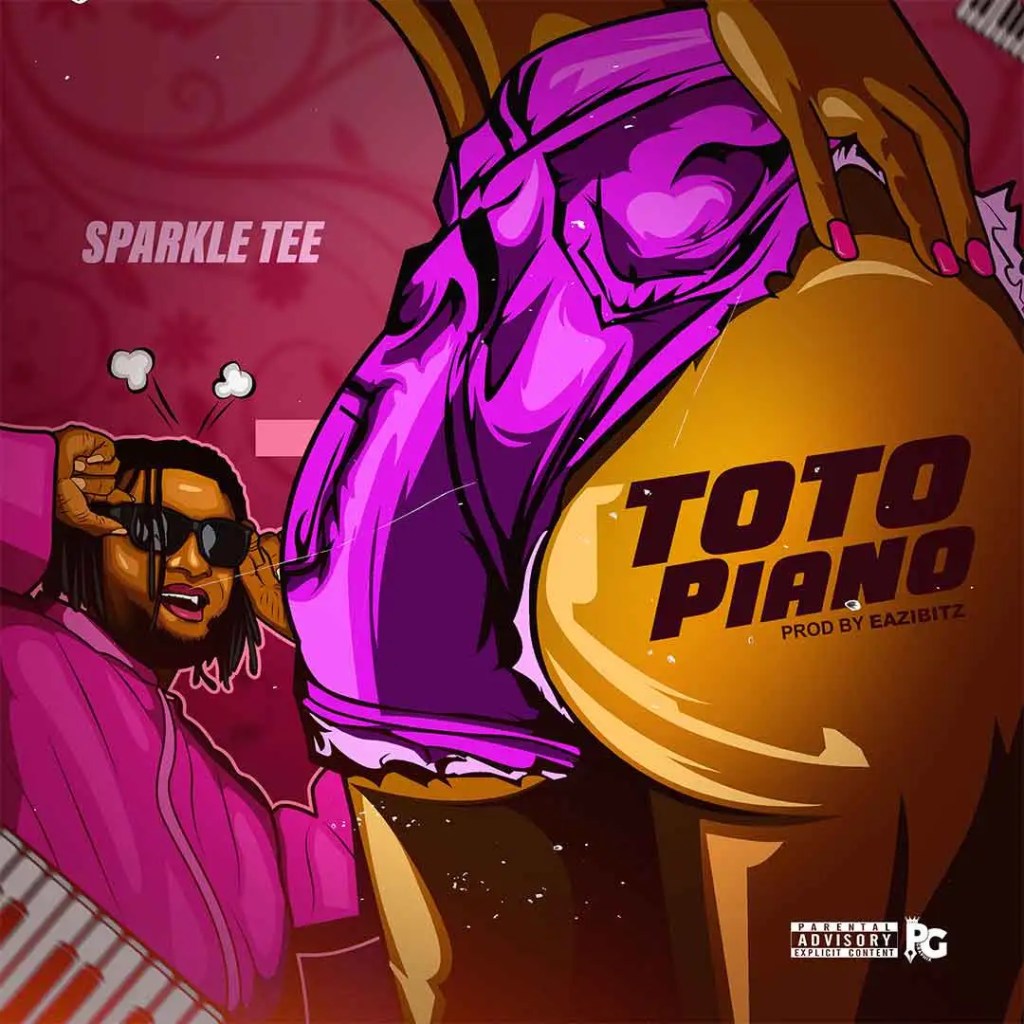
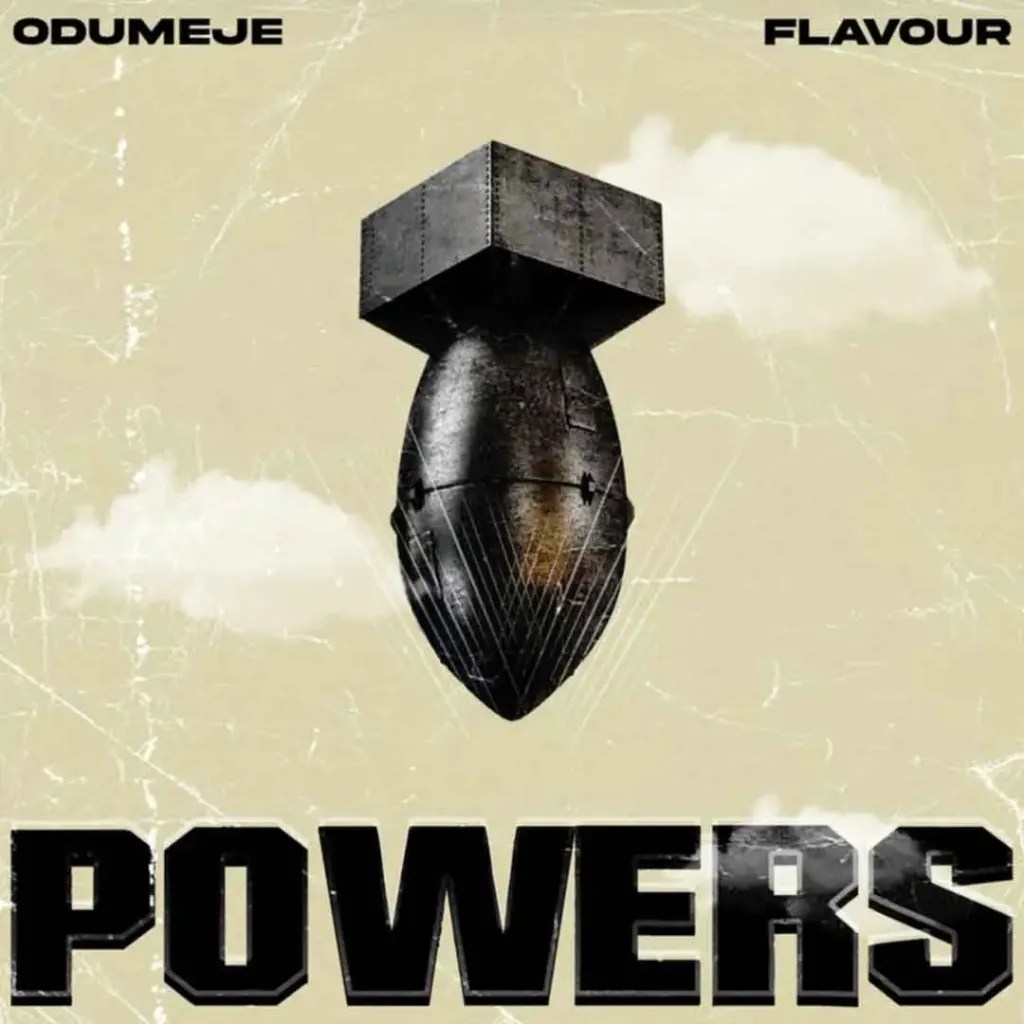
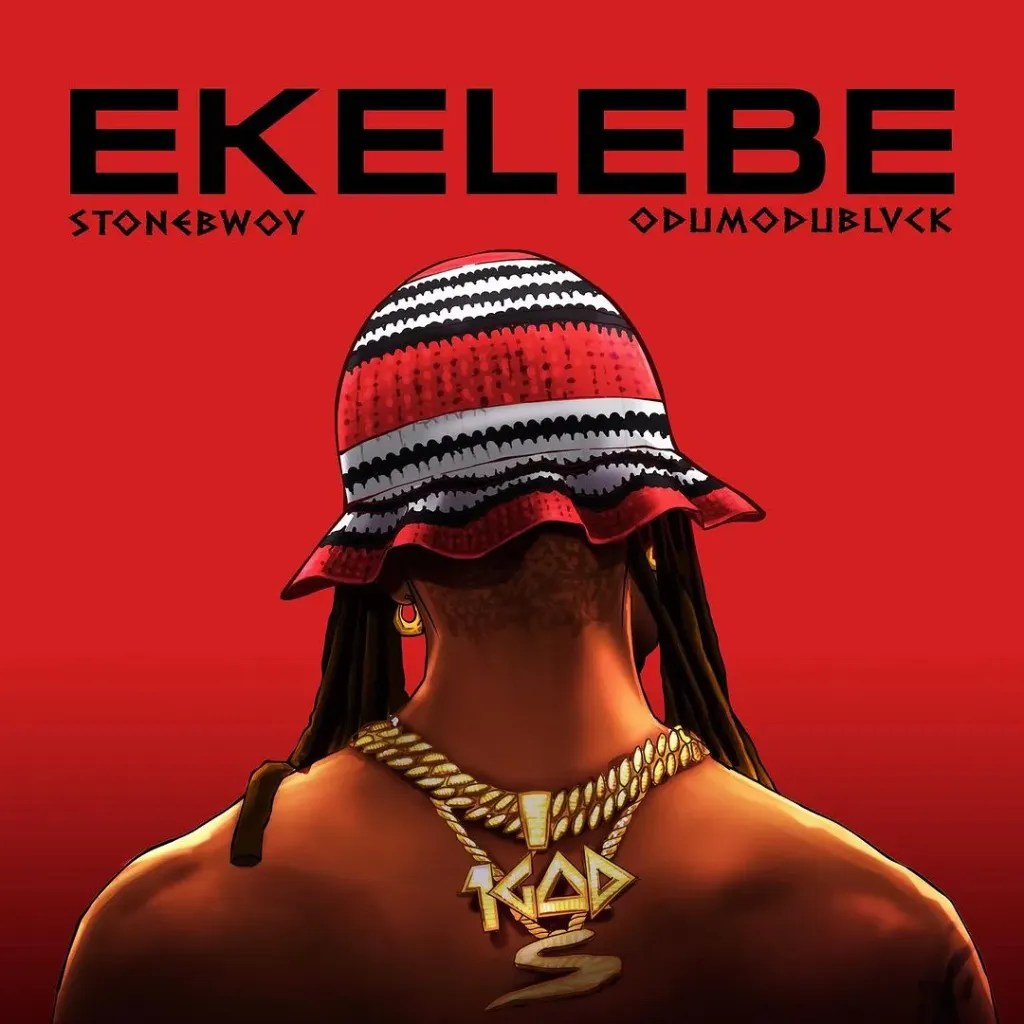
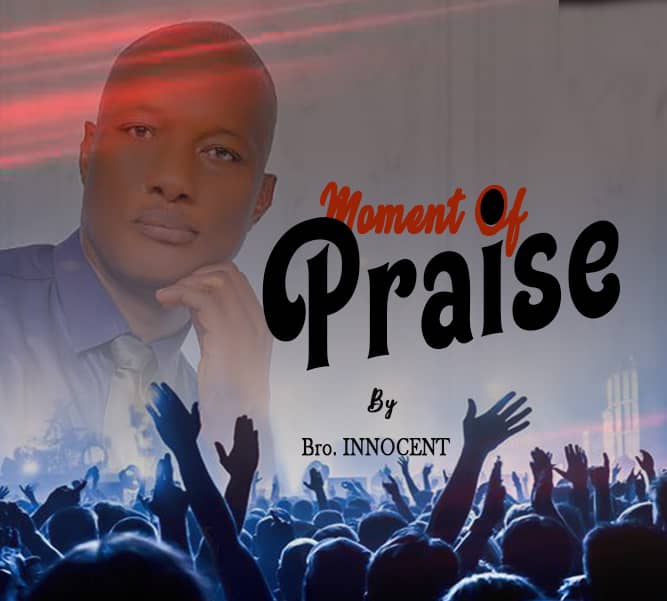
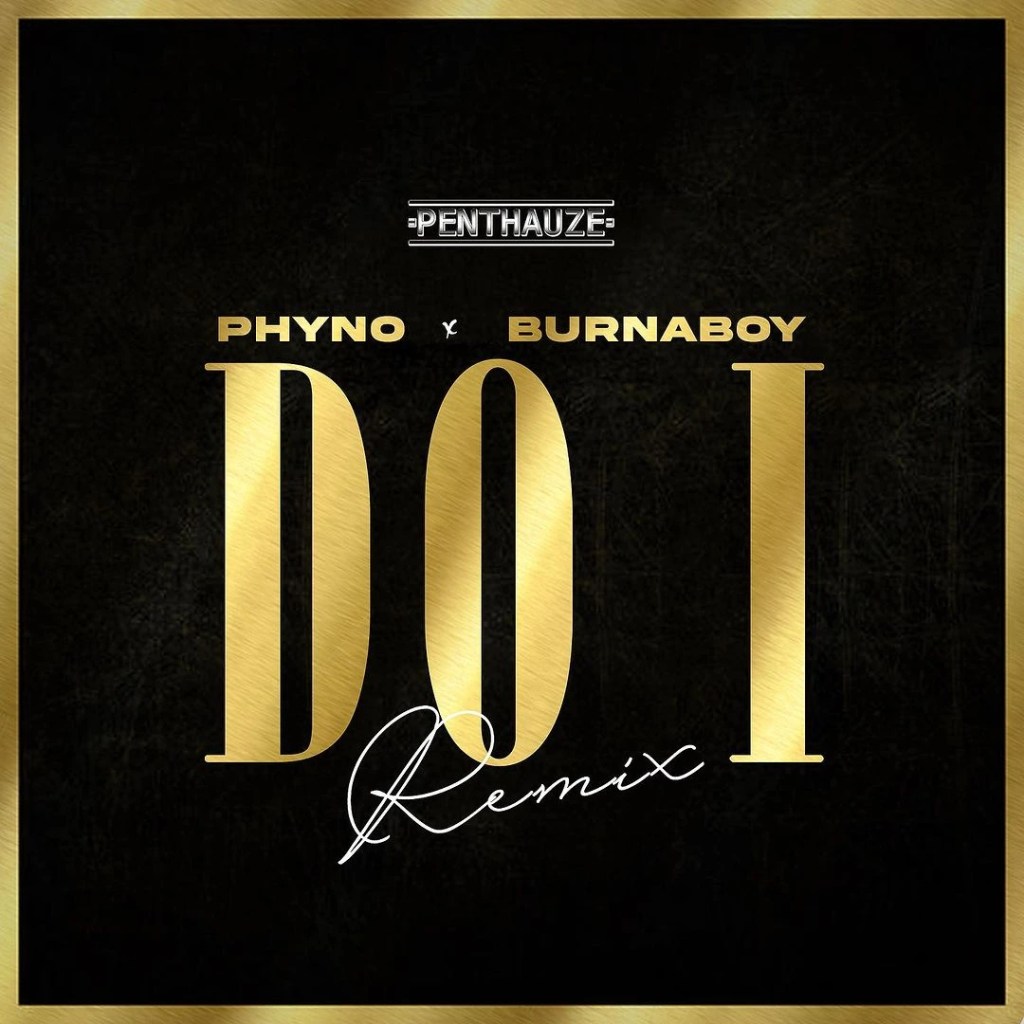
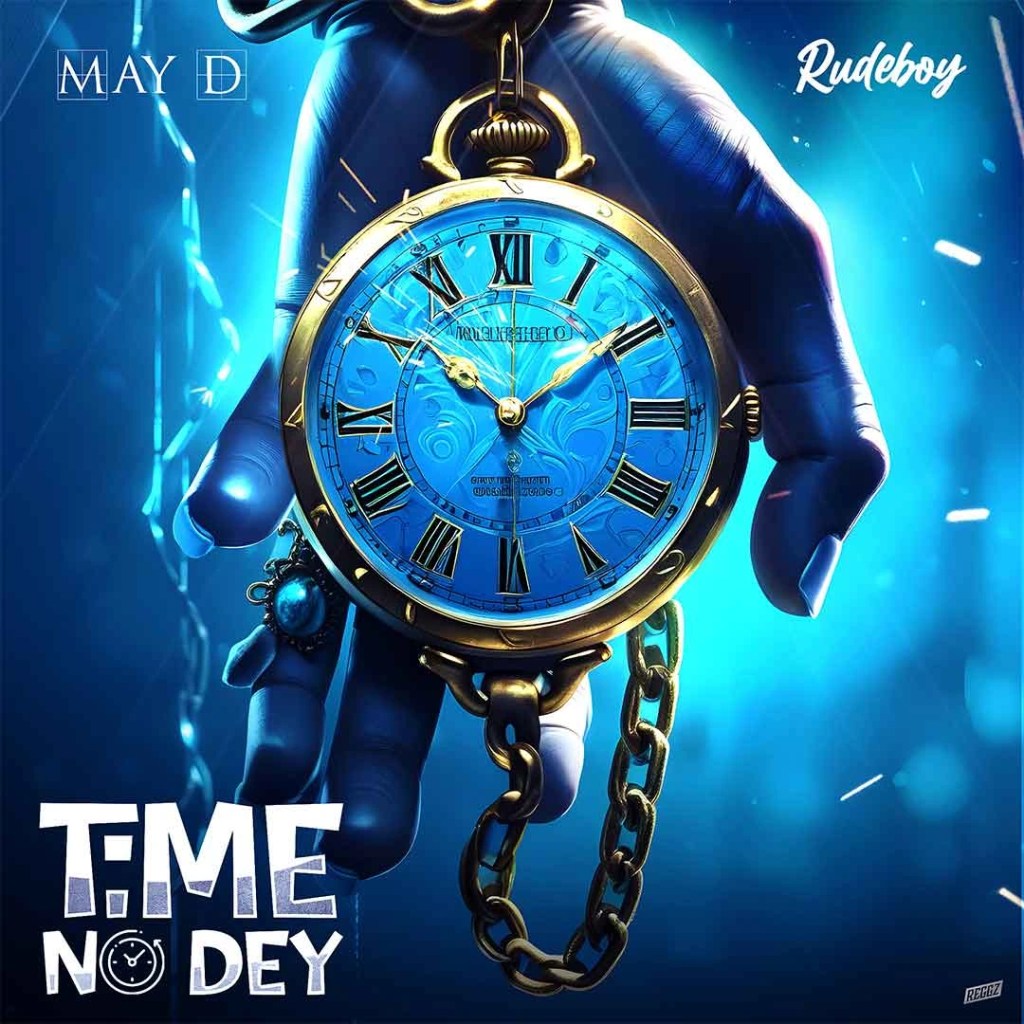
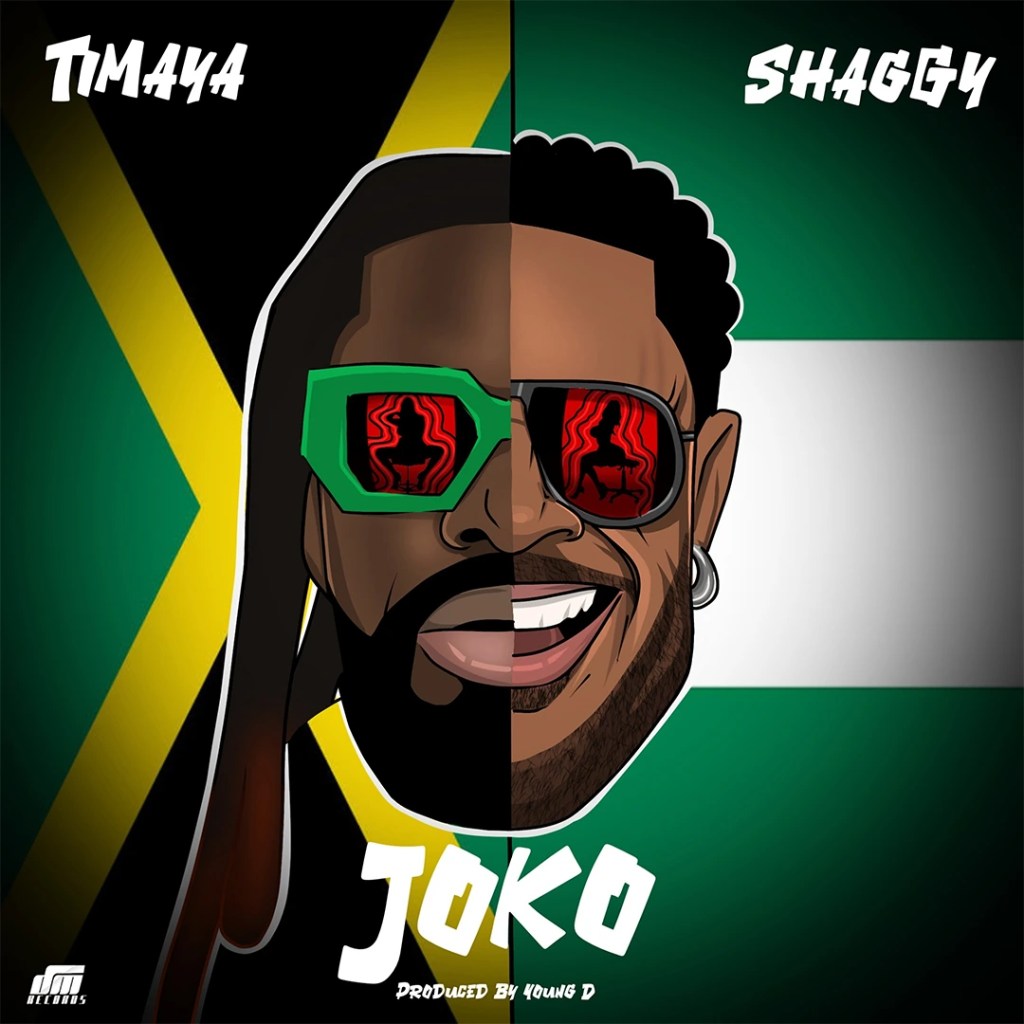
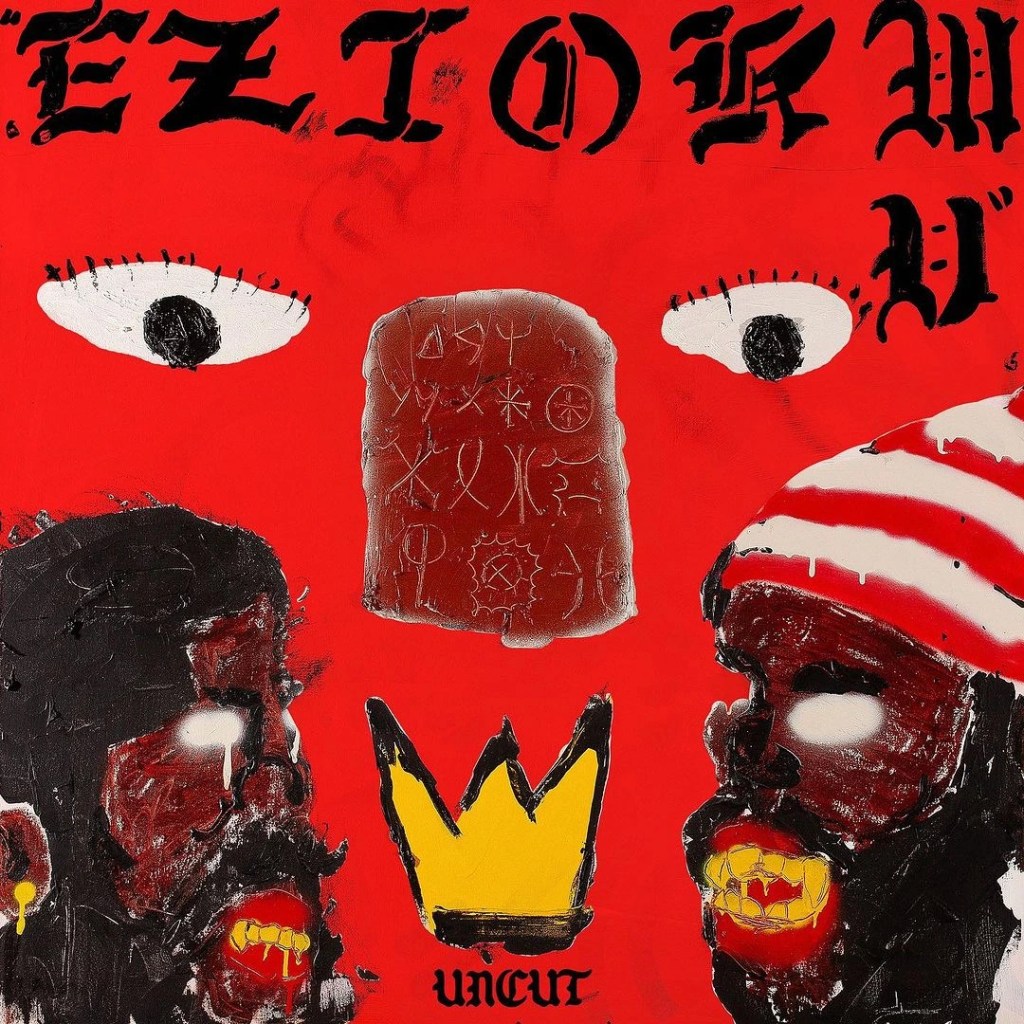
![[Music] Flavour – Woman King Mp3 | Free Audio Download](https://music-wap.com/wp-content/uploads/2023/12/1701083116507.jpg)
